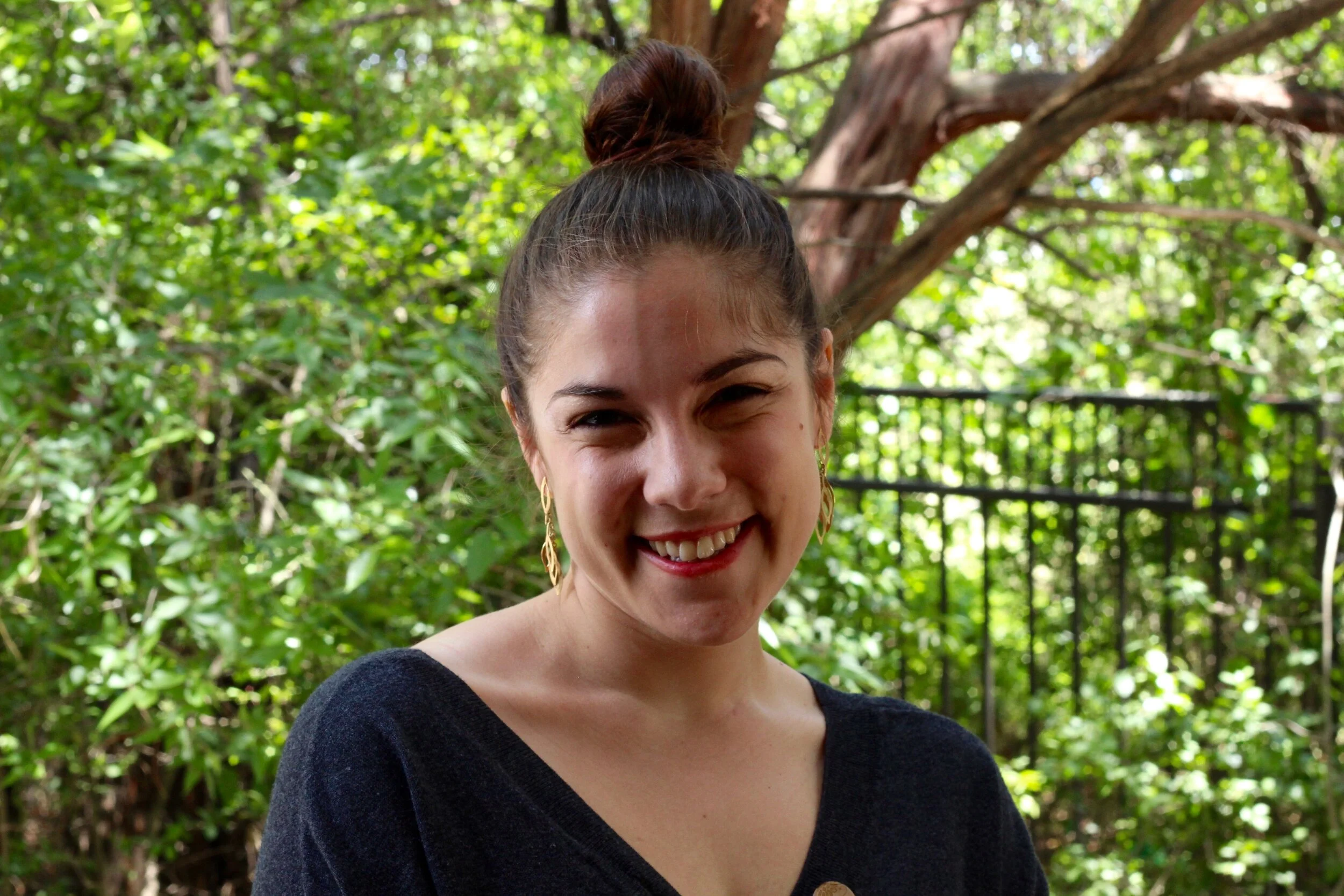Overview
Dr. Samantha Reisz is a family studies scholar, focusing on attachment, parenthood, and intergenerational relationship patterns. Her empirical and theory building papers have consistently been on the forefront of infant mental health and attachment, emphasizing the application of theory into practice. She is currently a scholarly assistant professor of human development at Washington State University Vancouver, located in the Portland, Oregon metro area.
Education
human development & family sciences, ph.d, University of Texas at Austin
Infant Mental Health, M.A., Mills College
Psychology, B.A., Mills College
Drama endorsed diploma, F. h. laguardia high school for music, art & performing arts
Coding & consultation
Dr. Reisz is a certified reliable coder of the Adult Attachment Interview. She is available to administer and code Adult Attachment Interviews for research or clinical purposes. Please contact her directly for more information on cost and availability.
Dr. Reisz is a certified Circle of Security parent educator and can provide individualized attachment education to families, clinicians, and other child professionals. She can also provide educational workshops for small and large groups and is experienced tailoring information across professional focuses. Please contact her directly for more information.
publications
Aviles, A.I., Reisz, S., Jacobvitz, D., & Hazen, N. (2022) Maternal Experiences of Childhood Psychological Maltreatment: Intergenerational Effects on Toddler Emotional Dysregulation. Journal of Social & Personal Relationships, 39(7), 2022-2044. DOI: 10.1177/02654075221074382
Adkins, T., Reisz, S., Hasdemir, D., & Fonagy, P. (2021). Family Minds: A randomized controlled trial of a group intervention to improve foster parents’ reflective functioning. Developmental Psychopathology, 34, 1177-1191. doi:10.1017/S095457942000214X
Adkins, T., Reisz, S., Doerge, K, & Nulu, S. (2020). Adverse Childhood Experience histories in foster parents: Connections to foster children’s emotional and behavioral difficulties. Child Abuse & Neglect, 104. DOI: 10.1016/j.chiabu.2020.104475
Reisz, S., Aviles, A.I., Messina, S., Duschinsky, R., Jacobvitz, J., & Hazen, N. (2019). Fathers’ attachment representations and infant feeding practices. Appetite, 142. DOI: 10.1016/j.appet.2019.104374
Messina, S., Reisz, S., Hazen, N., & Jacobvitz, D. (2019). Not just about food: Attachment representations and feeding practices in infancy. Attachment & Human Development. DOI: 10.1080/14616734.2019.1600153
Duschinsky, R., Reisz, S., & Messina, S. (2019). “Pulling the world in and pushing it away”: Participating bodies and survival strategies. Medical Humanities, 45, 124-30. DOI: 10.1136/medhum-2018-011581
Reisz, S., Duschinsky, R., & Siegel, D. (2018). Disorganized attachment and defense: Exploring John Bowlby’s unpublished reflections. Attachment & Human Development, 20(2), 107-134. DOI: 10.1080/14616734.2017.1380055
Reisz, S., Brennan, J., Jacobvitz, D., & George, C. (2018). Adult attachment and subjective birth experience in vaginal and caesarean deliveries. Journal of Infant and Reproductive Psychology. DOI: 10.1080/02646838.2018.1509303
Brazeau, N., Reisz, S., Jacobvitz, D., & George, C. (2018). Connections between attachment trauma and social support in depressed mothers. Infant Mental Health Journal, 39(1), 30-43. DOI: 10.1002/imhj.21692
Jacobvitz, J. & Reisz, S. (2018). Disorganized and unresolved states in adulthood. Current Opinion in Psychology. DOI: 10.1016/j.copsyc.2018.06.006
Duschinsky, R. & Reisz, S. (2018). Review: Paul Stenner, liminality and experience. Theory, Culture & Society, OnlineFirst.
Granqvist, P., Sroufe, L. A., Dozier, M., Hesse, E., Steele, M., … Reisz, S., … Duschinsky, R. (2017). Disorganized attachment in infancy: a review of the phenomenon and its implications for clinicians and policy-makers. Attachment & Human Development, 19(6), 534-558. DOI: 10.1080/14616734.2017.1354040
Reisz, S., Jacobvitz, D., & George, C. (2015). Birth and motherhood: Childbirth experiences, mothers’ perceptions of their babies, and maternal self-esteem.Infant Mental Health Journal, 36(2), 167-178. DOI: 10.1002/imhj.21500
